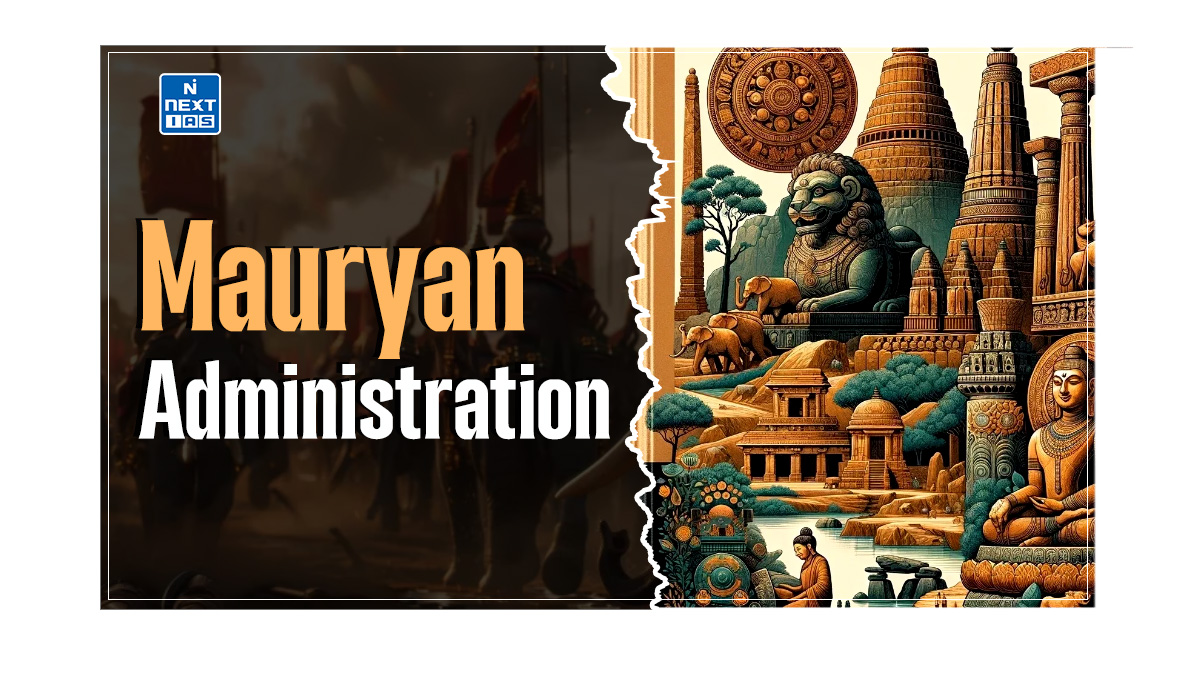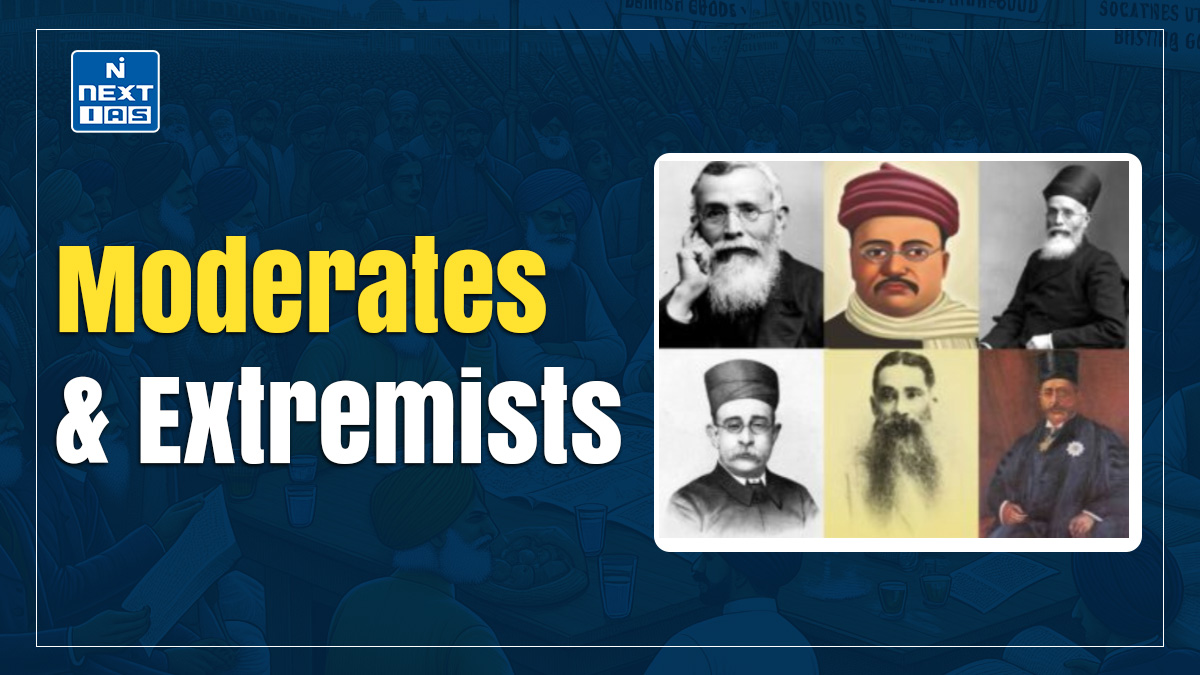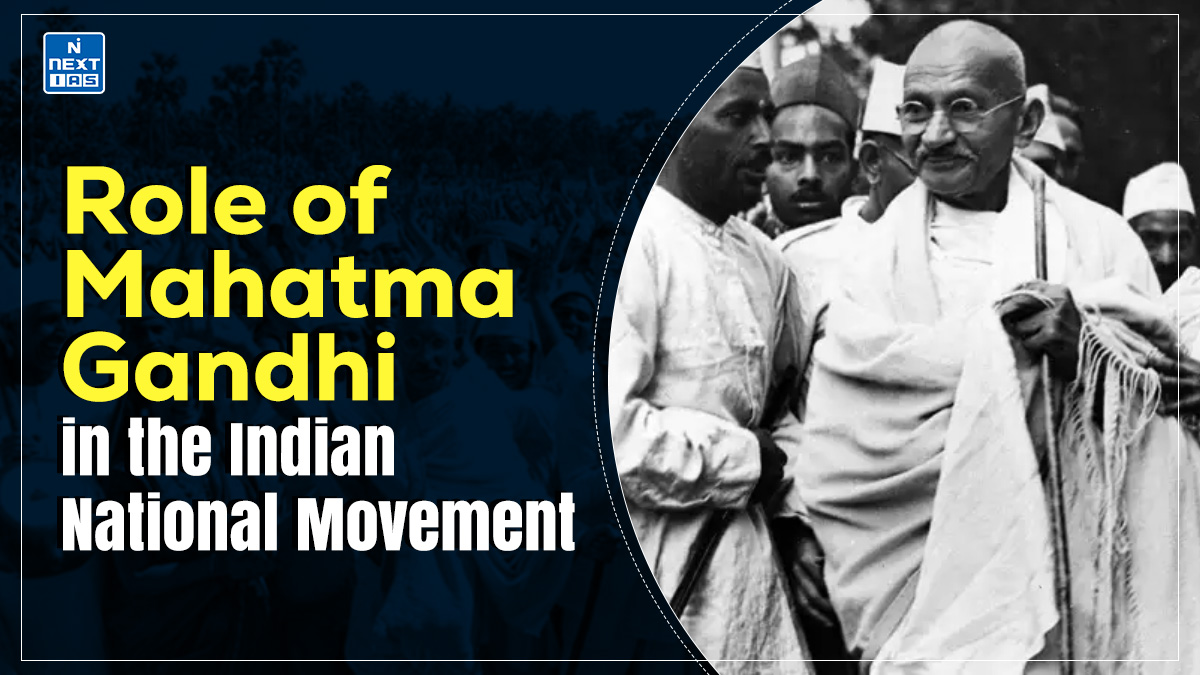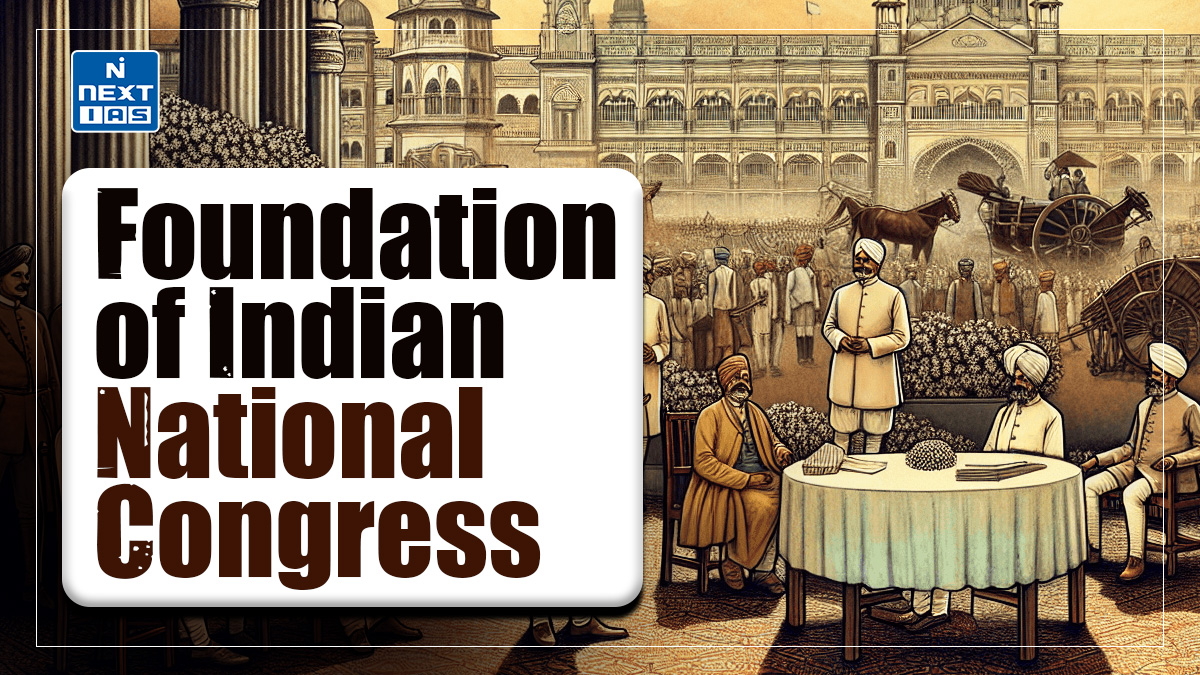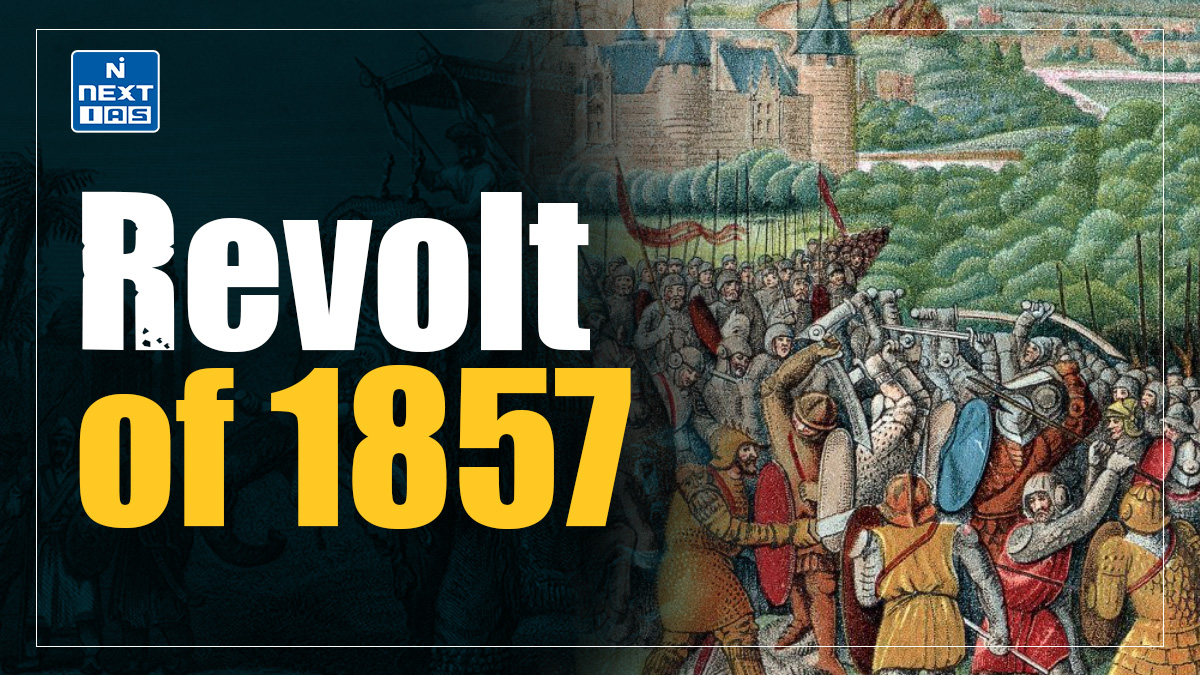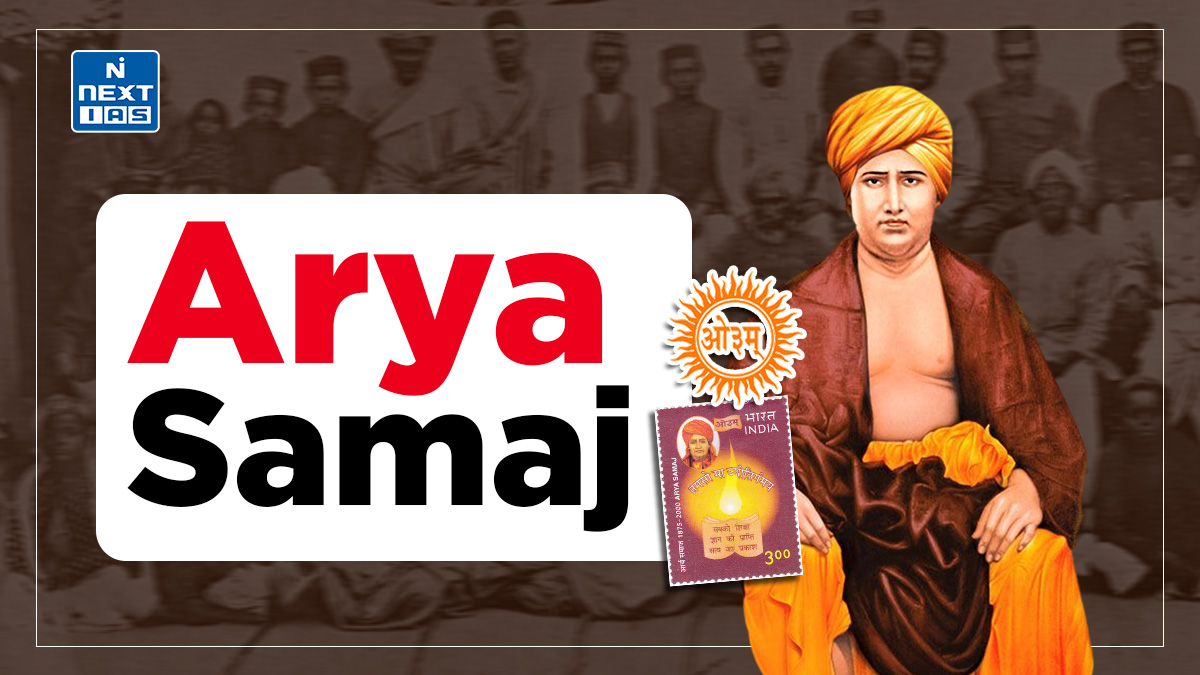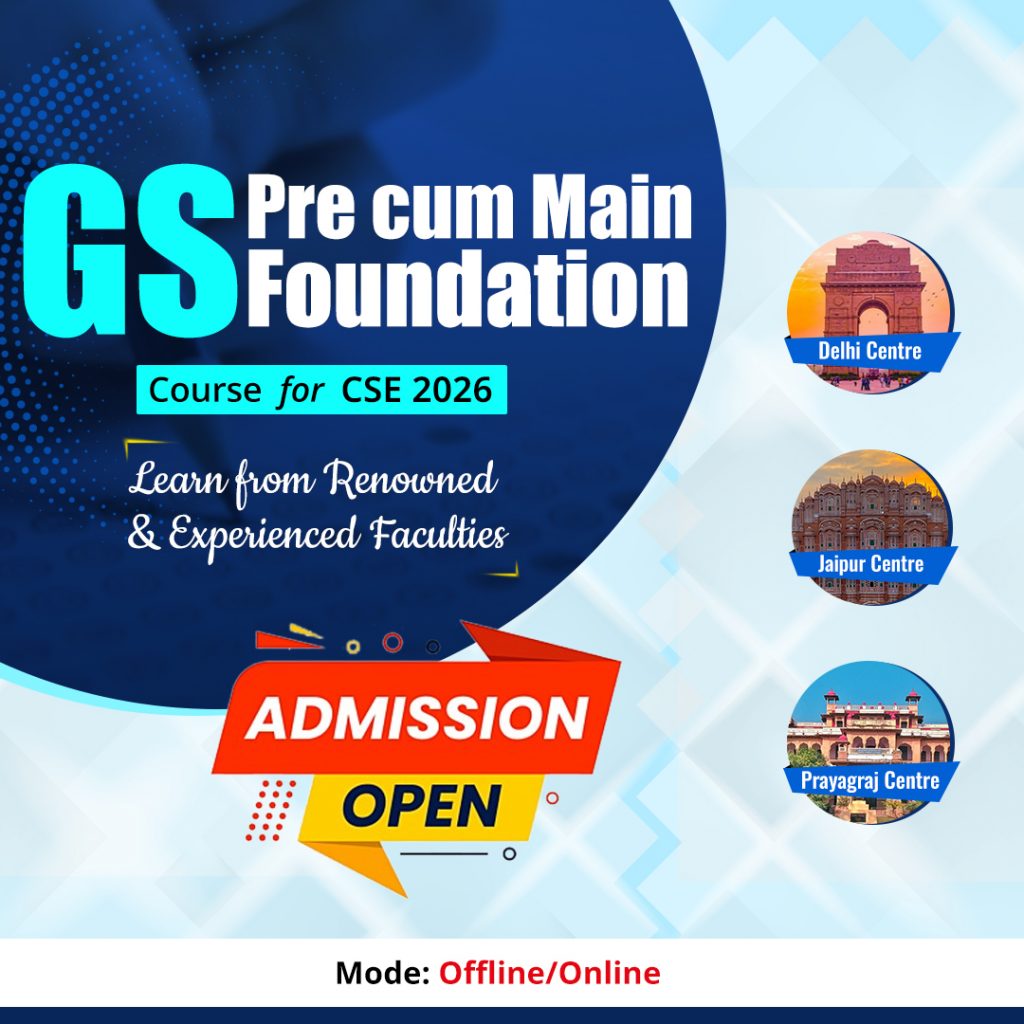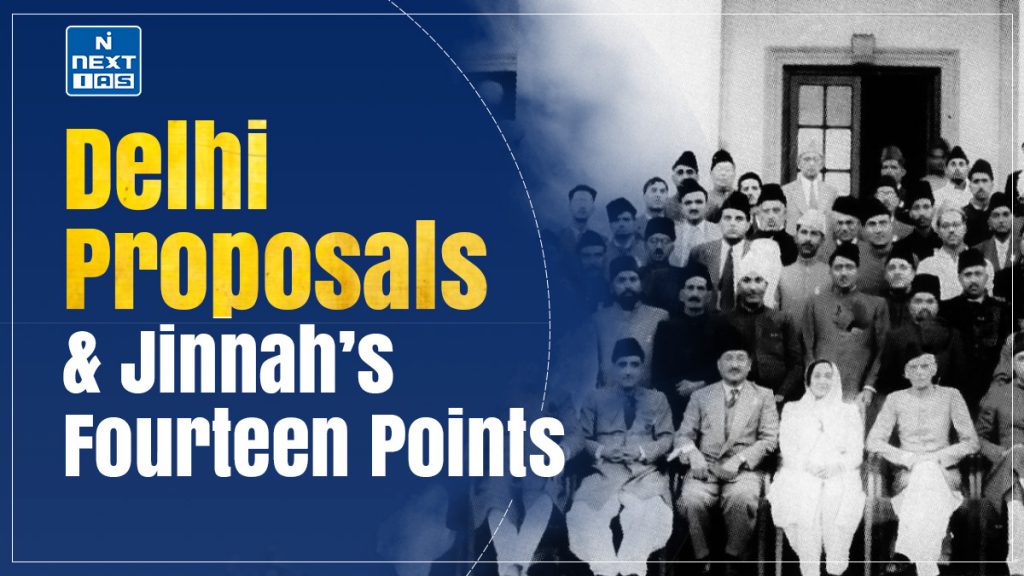
The Delhi Proposals of 1927, put forward by the Muslim League, sought to secure Muslim political rights through joint electorates with reserved seats and creating Muslim-majority provinces. Jinnah’s Fourteen Points of 1929 outlined demands for Muslim political rights, including federal autonomy, adequate representation, and the retention of separate electorates, becoming the cornerstone of the Muslim League’s political agenda. This article aims to study in detail the Delhi Proposals and Jinnah’s Fourteen Points, their impact on Indian politics, and their role in deepening the divide between the Congress and the Muslim League.
About Delhi Proposals and Jinnah Fourteen Points
- In the late 1920s, two significant developments in the Indian nationalist movement shaped the future trajectory of the country’s political landscape:
- The Delhi Proposals and
- Jinnah’s Fourteen Points.
- These proposals were crucial in defining the relationship between the different communities within India and the British government, and they represented the deepening divide between the Hindu and Muslim political factions during the period.
Delhi Proposals (1927)
In December 1927, the Muslim League, led by Muhammad Ali Jinnah, presented a set of demands known as the Delhi Proposals. These proposals were aimed at addressing the political aspirations of the Muslims in India and ensuring their protection and representation in the future constitutional framework of the country. The proposals were as follows:
- Joint Electorates with Reserved Seats for Muslims: The demand was for joint electorates in place of the separate electorates provided under the 1909 and 1919 reforms but with specific seats reserved for Muslims.
- Muslim Representation in the Central Legislative Assembly: The proposals called for one-third representation for Muslims in the Central Legislative Assembly, acknowledging the significant Muslim population in India.
- Proportional Representation in Muslim Majority Areas: In regions like Punjab and Bengal, where Muslims were in the majority, the proposal demanded Muslim representation proportional to their population.
- Formation of Muslim Majority Provinces: The Delhi Proposals also advocated creating three new provinces – Sindh, Balochistan, and North West Frontier Province (NWFP) – to ensure adequate Muslim representation in these areas.
While Congress agreed to these proposals during its Madras Session in December 1927, the demands were met with opposition from the Hindu Mahasabha and other Hindu nationalist factions, particularly on the creation of new provinces and the demand for reserved representation in Punjab and Bengal. To accommodate Hindu objections, the Nehru Report later made some concessions, including reserving Muslim seats only in Muslim minority areas and linking the creation of Sindh as a separate province to the attainment of Dominion Status.
Fourteen Points of Jinnah (1929)
In March 1929, Muhammad Ali Jinnah put forward his Fourteen Points in response to the Nehru Report and the growing tensions within the Congress, famously known as Jinnah’s Fourteen Points. These points aimed to secure the political rights of Muslims and ensure their protection in any future constitutional arrangement. The Fourteen Points became the foundation of Jinnah’s future political campaigns and were intended to safeguard Muslim interests in a predominantly Hindu-majority India. The key points of Jinnah’s demands included:
- Federal Constitution with Residual Powers to Provinces: Jinnah called for a federal constitution that would grant the provinces maximum autonomy and vest them with residual powers.
- Autonomy to Provinces: Jinnah emphasised the need for provinces to have complete independence, allowing them to control their affairs without excessive interference from the central government.
- Protection of Muslim Majorities: One of the critical demands was that Muslims should not be reduced to a minority in any province, and they should have adequate representation in all legislatures.
- Separate Electorates: Jinnah firmly opposed the proposal for joint electorates, which was suggested in the Nehru Report and Delhi Proposals, and demanded the continuation of separate electorates for Muslims.
- Proportional Representation in Services and Self-Governing Bodies: Muslims were to be adequately represented in services and other self-governing bodies to ensure their participation in the administration.
- One-Third Representation in Central and Provincial Cabinets: Muslims were to be represented by one-third of the cabinet positions in both central and provincial governments.
- Veto Power for Minorities: Jinnah demanded that no bill or resolution be passed if three-fourths of the minority members in the legislature objected to it.
- Protection of Religious and Cultural Rights: The Muslim League insisted on protecting Muslims’ religious, cultural, and educational rights, ensuring their freedom to practice their faith and preserve their culture.
- Territorial Redistribution: Jinnah insisted that any territorial redistribution should not affect the Muslim-majority regions of Punjab, Bengal, and NWFP.
- Separate Province for Sindh: One of Jinnah’s key demands was the creation of a separate province for Sindh to safeguard Muslim interests in the region.
- Constitutional Reforms in NWFP and Balochistan: Jinnah sought constitutional reforms in the north-western provinces, including Balochistan and the North-West Frontier Province (NWFP), to provide greater political autonomy to Muslims in these areas.
- Religious Freedom: Complete religious freedom for all communities, assuring no religious group would face discrimination or be suppressed.
- Cultural and Educational Rights: The protection of the cultural, educational, and linguistic rights of Muslims was a fundamental demand, as it was believed that Muslim identity could be compromised in a predominantly Hindu-majority country.
- Safeguard Against Hindu Majority Domination: Jinnah sought to ensure that Muslims could never be dominated by the Hindu majority, whether in the legislature or through cultural or educational policies.
Jinnah’s Fourteen Points marked a significant shift in the political landscape, as they clearly outlined the Muslim League’s position on India’s constitutional future. These points expressed Muslims’ political and cultural concerns and became the guiding principles for the Muslim League’s demands for the subsequent decades.
Conclusion
The Delhi Proposals and Jinnah’s Fourteen Points were crucial developments in the Indian political struggle during the late 1920s and early 1930s. These demands revealed the growing division between Congress and the Muslim League overrepresentation, autonomy, and the protection of religious and cultural rights. While the Delhi Proposals focused on integrating Muslims into the broader constitutional framework, Jinnah’s Fourteen Points outlined a more protective and separate vision for Muslim political and cultural autonomy. The disagreements and concessions around these proposals set the stage for future political struggles, including the rise of the demand for Pakistan and the eventual partition of India in 1947.
GS - 1